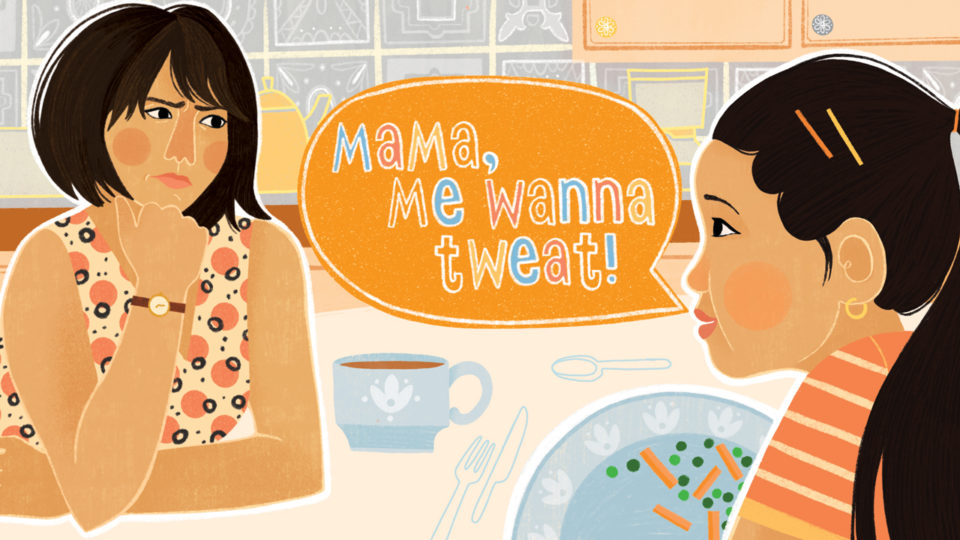My elementary-school age daughter constantly uses baby talk. It’s driving me crazy. I want her to present herself intelligently in the world and show her strength. Is there something I can do to make it stop?
Lauren Ross, licensed clinical social worker and founder of Project Village, offers the following advice for parents:
Baby talk can be like nails on a chalkboard for many parents—exasperating and super annoying! It’s important to take a step back, breathe deeply, and examine why this behavior might be happening.
Is it stress?
For many kids, baby talk falls into the category of “regressive behaviors”—along with thumb-sucking, bed-wetting, and tantrums—that might resurface when an individual is under stress. It’s possible that your child is engaging in the baby talk behavior due to feelings of stress and anxiety, so it’s important to create a safe space where she can explore these feelings and find more adaptive ways to cope.
What’s being modeled?
It may also be that your child uses baby talk because she has gotten some messaging about this behavior. Girls, in particular, are given so many cultural messages about how to look, talk, and generally be in the world. Explore what TV shows and social media she’s watching. Does she have female role-models in her media consumption who present themselves as babyish? Find opportunities to be curious and involved. Sit down with your daughter with a casual, “Whatcha watching?” Watch and listen without judgment. Ask curious questions such as, “What do you think about that?” or “I wonder….?” In essence, you are guiding your daughter to be thoughtful and critical about her media consumption, and helping her develop her understanding of the diverse ways that girls (and women) show up in the world.
Change the behavior
There are parenting strategies that may be helpful in addressing the baby-talk behavior. Start with teaching and defining expectations with your daughter. Explain that you’ve noticed this behavior, and ask open-ended questions to explore why she thinks this might be happening. Perhaps she might not have noticed this about herself, so this is an opportunity to raise her self-awareness. Let her know that you’ll be gently pointing this out to her when the behavior occurs, being careful to not make her feel ashamed but rather to be her coach and cheerleader to choose more age-appropriate ways of communicating.
It might be helpful to role-play with her so that she can hear the contrast in how her voice sounds when using baby talk versus an age-appropriate tone of voice. You can have fun with this by making videos together, keeping it light-hearted while also teaching and practicing.
Finally, be patient. Changing a deeply-embedded pattern of behavior takes time. As hard as it is, keep your reactions calm and supportive, and give your daughter lots of praise and positive reinforcement when she communicates in a way that is understandable and age-appropriate.
Courtney Drake McDonough, Parenting 911 column editor





